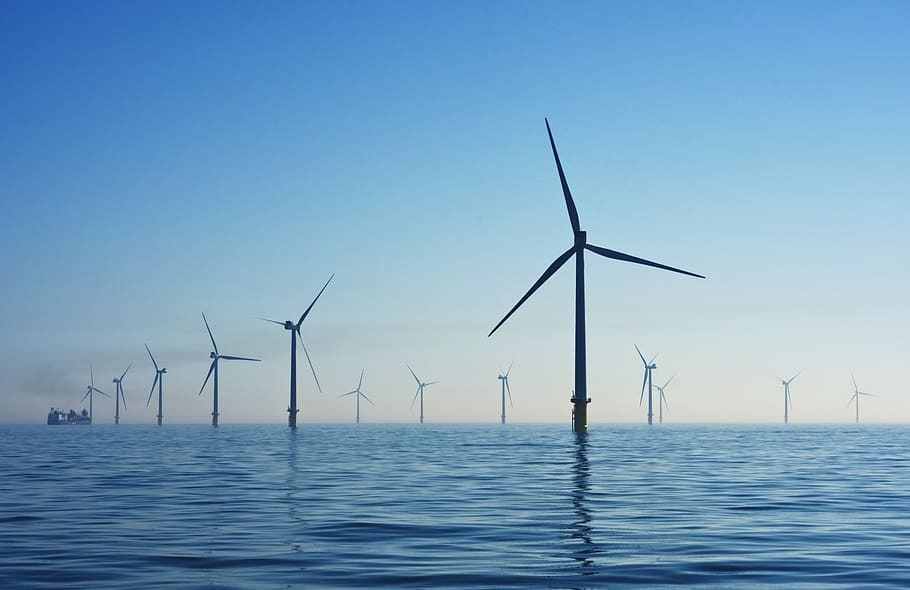DNV has released a new report which indicates the UK is set to miss its 2050 net zero target and has called on industry and government to mobilise a clear roadmap to attain the mid-century goal.
Revealed in its UK Energy Transition Outlook (ETO), DNV indicated that although the UK is making waves in the transition to electrification, the primary focus in fully decarbonising the UK by 2050 is set to be missed.
Despite this, the firm stated that almost half the UK’s energy demand will be met by renewable electricity by the mid-century. DNV highlighted that household energy expenditure is expected to halve, driven by increased electrification of household heating and passenger transport. However, doubts have been cast in the transportation and building sectors which are still set to be the highest emitters by 2050.
Decarbonisation of heat still remains a stumbling block in the UK on the pathway to net zero. Although various technologies have been touted as viable options for the decarbonisation of this sector, such as hydrogen and heat pumps, governmental policies have hampered its rollout particularly when it comes to heat pumps.
Heat pumps had been included as part of the government’s Green Homes Grant which reduces the upfront costs of the technology and insulation. The grant was first introduced in September 2020 but closed in early 2022 having been plagued with issues throughout its lifespan.
It was reported that members of the public had been waiting months to be issued vouchers and there were delays in installers being paid. This had led the Environmental Audit Committee to describe the domestic decarbonisation support as “woefully inadequate”.
Alongside this, DNV believes an important area to explore to spearhead the decarbonisation of the UK is the creation of underground hydrogen storage. This can be achieved in a number of ways including salt-cavern storage. This innovative method provides natural geographical caves in which store vast amounts of green hydrogen as a gas which can then be extracted for when there is high demand.
This provides a long-duration storage opportunity and could support the UK’s net zero target for 2050.
“Our UK Energy Outlook report clearly demonstrates that early ambition and action has allowed the UK to make good progress, but unless the government implements a compelling roadmap backed by clear business models and supportive regulatory frameworks, the UK will not meet these targets,” said Hari Vamadevan, executive vice president and regional director, UK & Ireland, Energy Systems at DNV.
“We firmly believe the UK can meet its 2050 net zero objective, but this will require clear and early policy decisions, particularly focused around the decarbonisation of heating in buildings and transport. The UK has a major role to play in helping the world meet the targets of the Paris Agreement – as a country we need to go further and faster, going beyond our targets and investing more to support this vision.”






